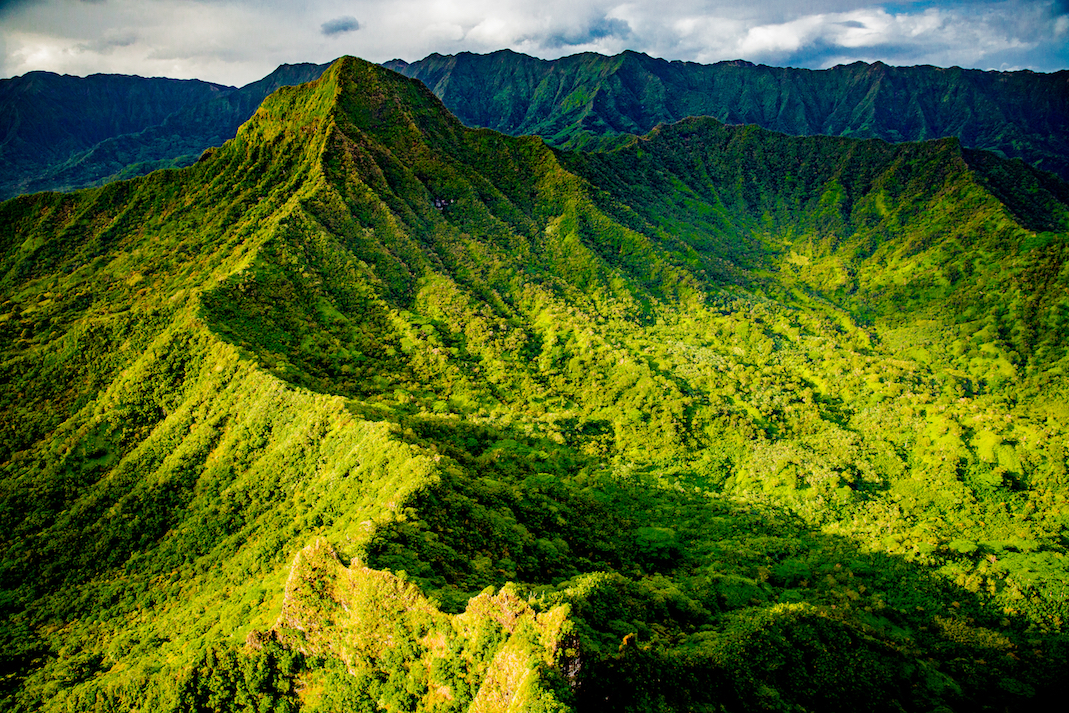
Native plants on Oahu depend on non-native birds for survival
On the Hawaiian island of Oahu, native birds have nearly been replaced by invasive bird species. A new study has revealed that local plants now depend almost entirely on invasive birds to disperse their seeds.
The findings suggest that ecological communities dominated by non-native species can be as dynamic and stable as native communities, and that invasive species are taking on important roles in these complex ecosystems.
Previous studies have shown that interactions between plants and animals are extremely sensitive to invasive species or extinctions. Many of these networks, however, have only been investigated in native-dominated communities where invasive species are not present. The studies may have also failed to account for the coevolved interactions between plants and animals that have formed over long time spans.
As human activities drive more and more species invasions and extinctions worldwide, the new ecological communities that are emerging are not well understood. Scientists do not know how these modified ecosystems compare to native communities.
To investigate, a research team led by Jefferson Vizentin-Bugoni analyzed the bird-based seed dispersal networks on Oahu Hawaii, where invasive bird species are now dominant. The scientists identified over 100,000 seeds collected from bird feces across Oahu and found that native plants are almost entirely dependent on invasive birds for seed dispersal.
Furthermore, the researchers discovered that the newly developed networks on Oahu strongly resemble the stable structure of networks that are still dominated by native species across the globe. According to the experts, this indicates that ecological communities can arise over a short period of time, and can do so independently of the species involved.
The study is published in the journal Science.
—
By Chrissy Sexton, Earth.com Staff Writer
Main Image Credit: Jeferson Vizentin-Bugoni













